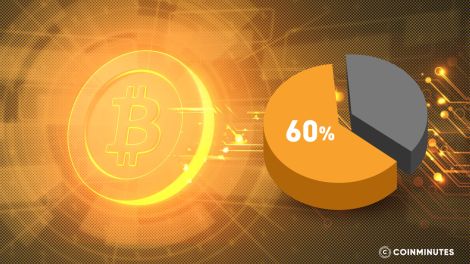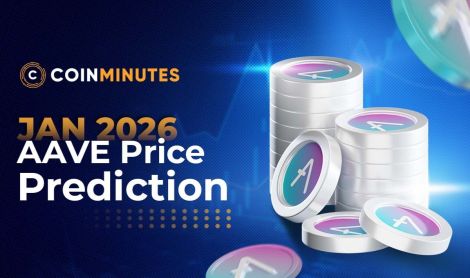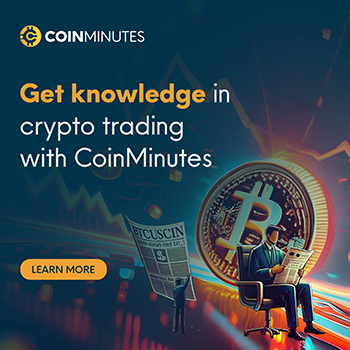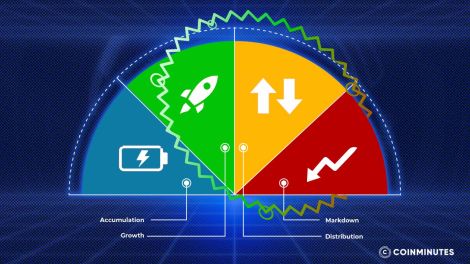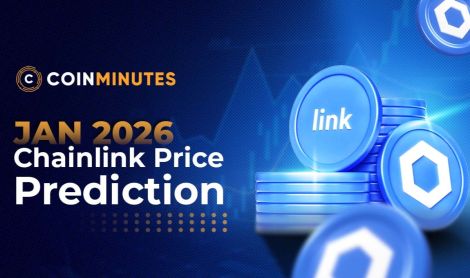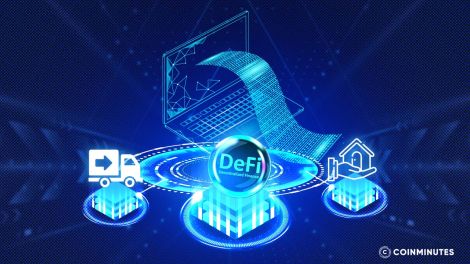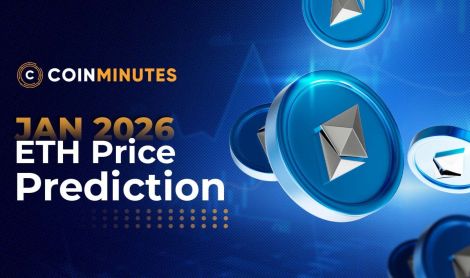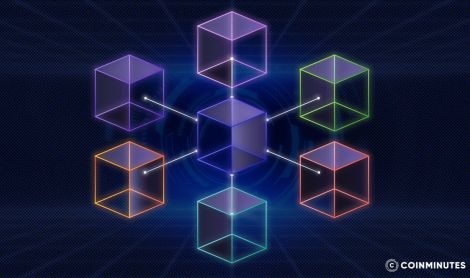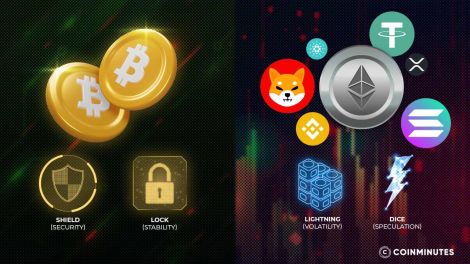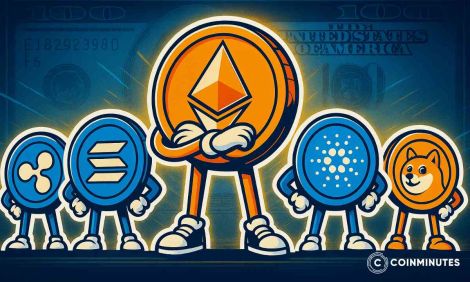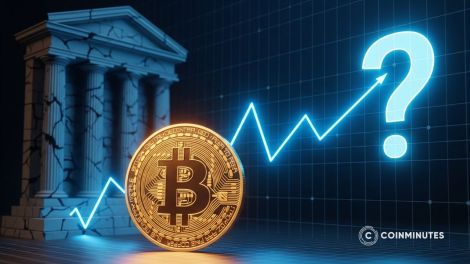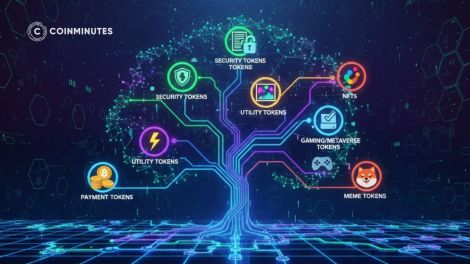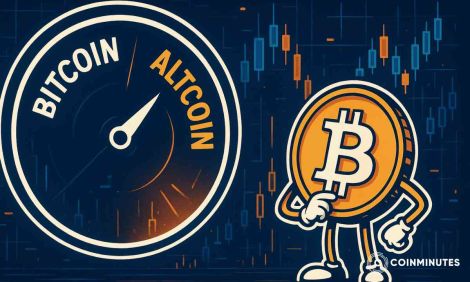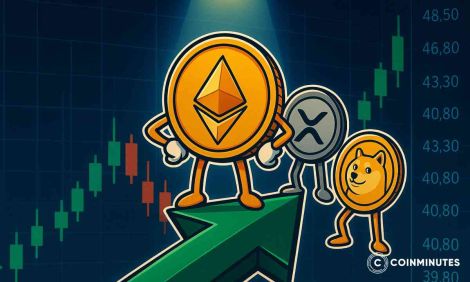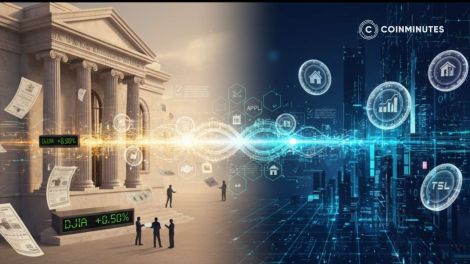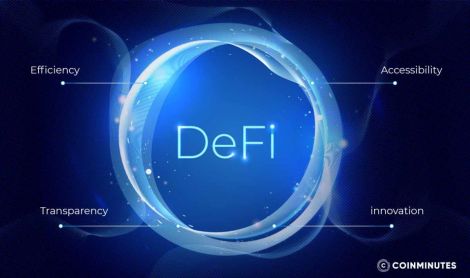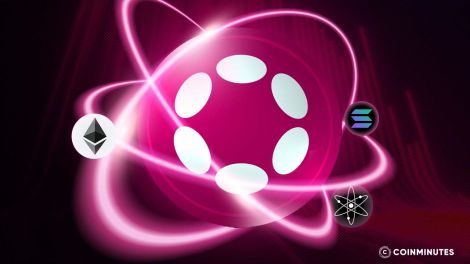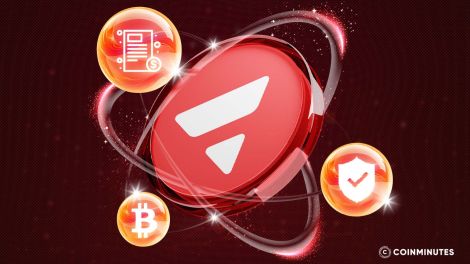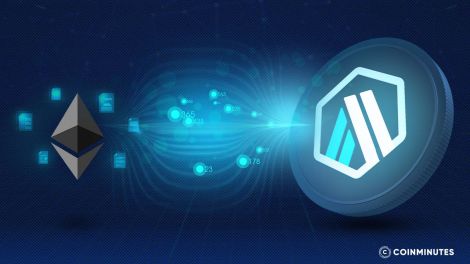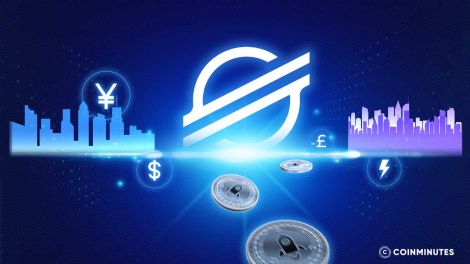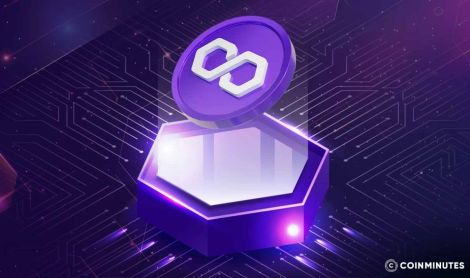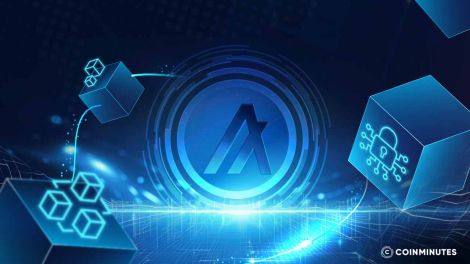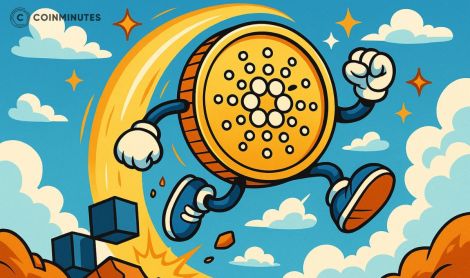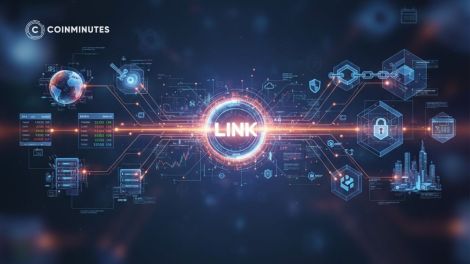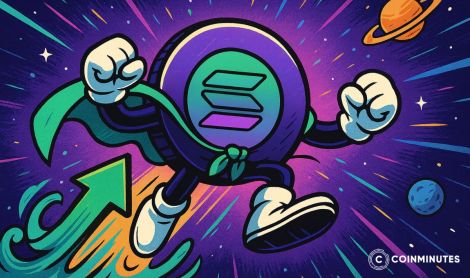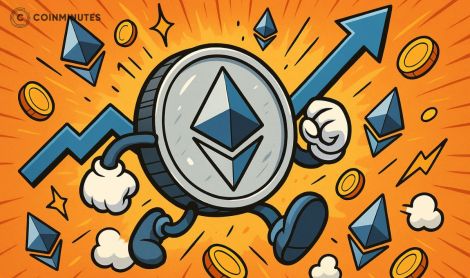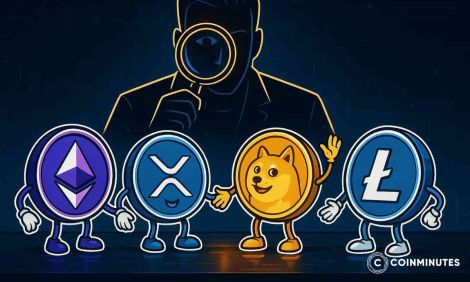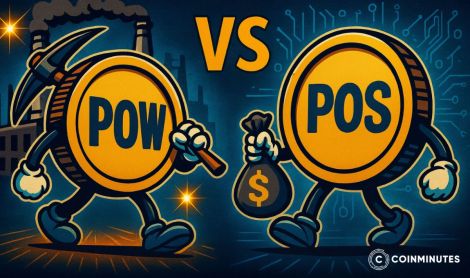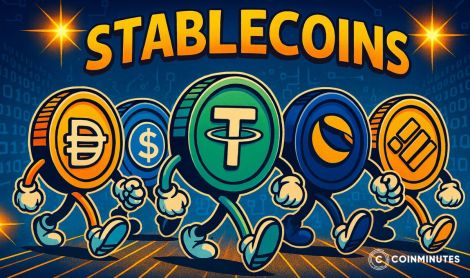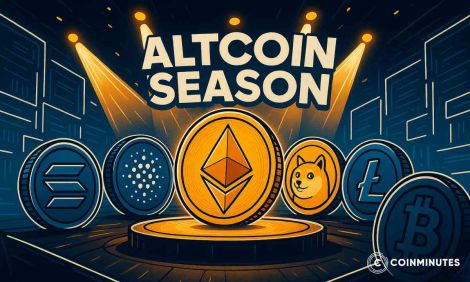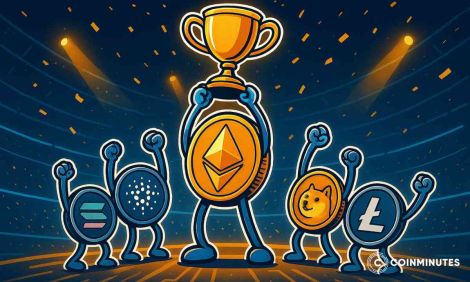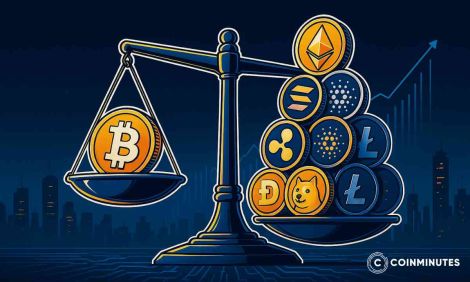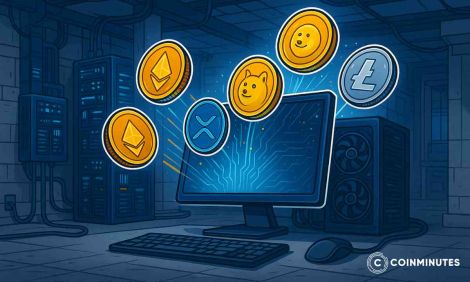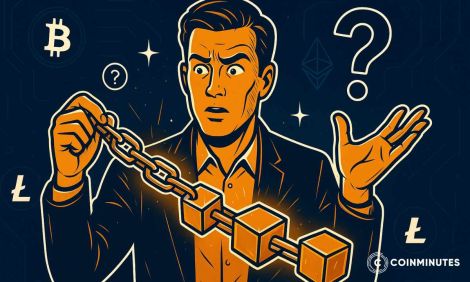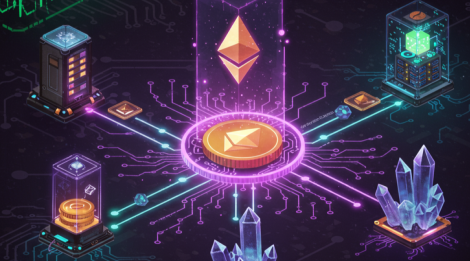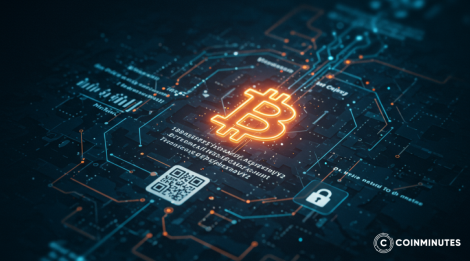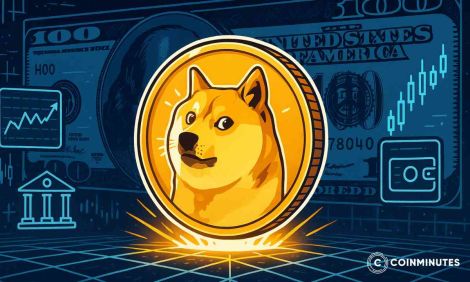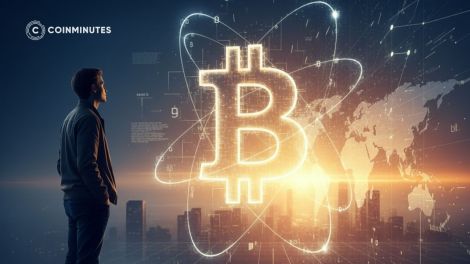Everything About Governance Token: The Cryptocurrency That Shapes The Future of DeFi
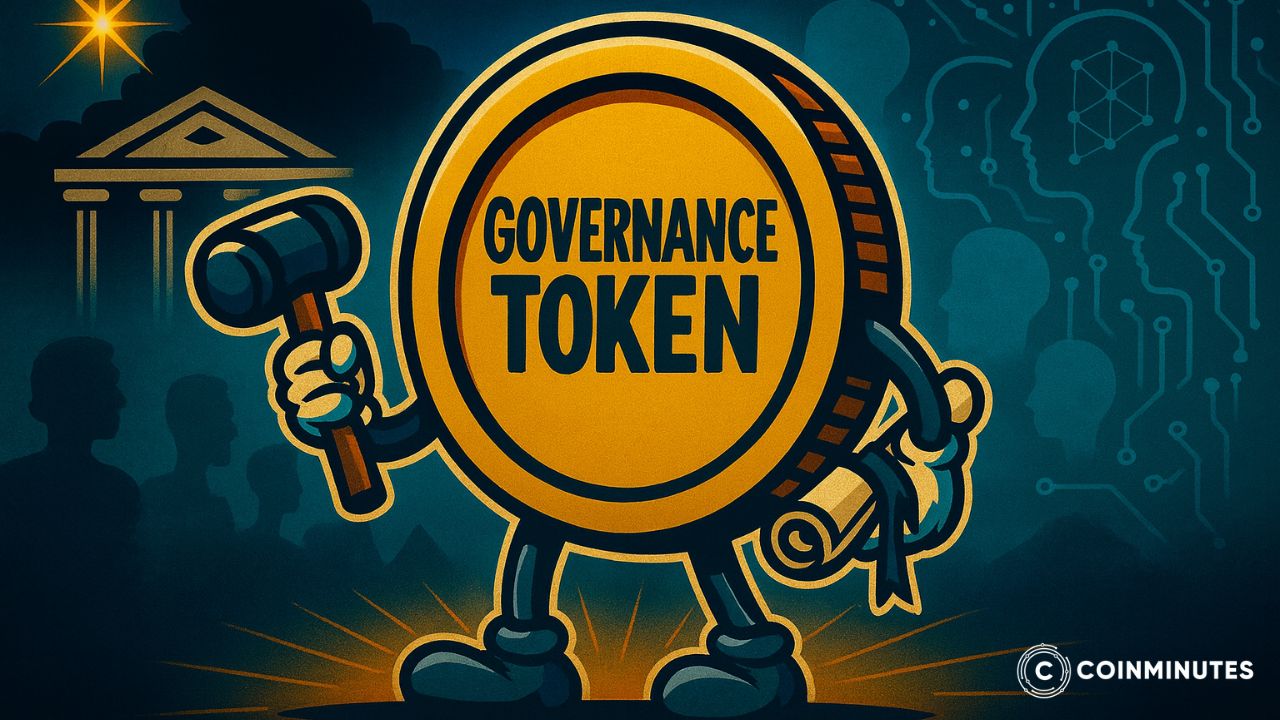
Most probably, you are already familiar with the words: crypto, DeFi, and this quite unusual term "DAO." Everything might seem very complicated, even scary a bit.
However, a major part of the whole crypto world is just one very amazing idea: what if the users of a service were also the ones managing it? There would be no boss issuing orders from his tower of ivory, no board of directors with secrets. Just the users' community, making decisions collectively.
That is the main concept with governance tokens. They are basically the voting ballots of the new, decentralized internet. They are one of the major things that attract people to the whole crypto world.
Welcome to CoinMinutes. So, let's see what these tokens stand for, how they work, and why they are important, without the need of a computer science degree.
Basics About Governance Token (And Why Does It Matter?)
If you think about your favorite video game, the fact that you as a player could vote for the next big update would be something amazing, right? I mean you could literally cast your vote on whether or not the developers should add a new map, change the way a powerful weapon works, or fix a bug that has been making you angry.
Well, that is a governance token in a very simple way of explaining it.
Basically, it's a digital coin that provides you with a say in the project's decisions. Hence, it converts you from a mere user to an active member who has a real influence on the outcome of the project. Such tokens are what grant users community control in anything from decentralized crypto exchanges to online lending platforms or any other organizations.
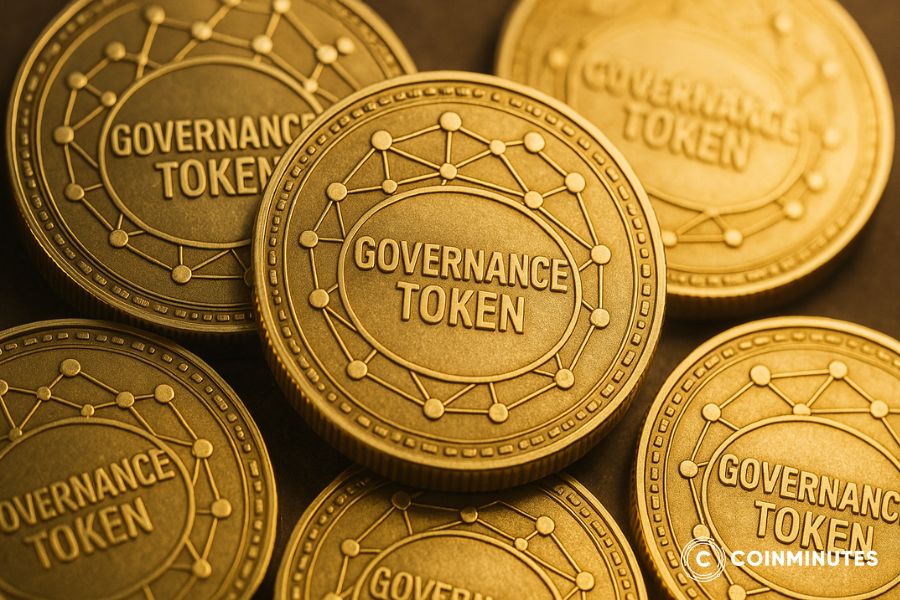
Moreover, they are the core of the mechanism that powers a DAO, which is short for Decentralized Autonomous Organization. In fact, it's just a more complex name for a group or project that is governed by its members in accordance with the rules set in the code rather than by a person or a small committee.
How Governance Tokens Work: The Mechanics Behind Decentralized Voting
So what does this mean in the real world? It's not that anyone can just do whatever they want. There is a pretty good and clear process for how the community makes decisions that are binding to all.
Voting Power and On-Chain Governance
In most of these systems, the rule is fairly straightforward: 1 token = 1 vote.
Having 100 tokens would mean having 100 votes. 10,000 tokens will give you 10,000 votes. This in turn means the more money you put into the project the more you will have a say in it. The whole voting process is done "on-chain" which means that all the data is publicly available on the blockchain. It shows who made which proposal, who voted, and what the final answer was. No backdoor negotiations.
Some people, however, argue that this kind of system might result in the richest guys having all the power. They are right. That's why some projects are trying different things such as "quadratic voting" where your second vote is more expensive than your first one, and so on. It's a way of giving more power to the number of people rather than to the amount of money only. The whole area is still a big experiment.
The Governance Process: From Proposal to Implementation
I remember the first time I saw a governance proposal in action. It was for a small DeFi project, and the idea was to change the interest rate on a loan. It was a fascinating experience to see the community actually debate it.
Often the procedure takes these main stages:
Step 1 - The "I have an idea" Phase: A member of the community creates a post with an idea for the forum. The platforms are community forums like Discourse or Discord. The idea may be something like "We should launch on a new blockchain" or "Let's change the color of our logo."
Step 2 - The Debate Club Phase: The community then dissects the idea. People argue in favor of it, argue against it, and suggest amendments. However, this phase may be seen as the messy but the most significant phase of the process since it helps to reveal if the idea has true support.
Step 3 - The Official Vote: After the idea survives the debate, it is submitted for formal on-chain voting. A notification will be sent to you, after that you need to connect your crypto wallet to the voting page and then just click "Yes" or "No." Your tokens are your ballots.
Step 4 - The Magic Part: Most of the time the changes are automatically done if the vote is successful. The code that is responsible for the project is updated by the smart contract to the community's decision. No need to wait for a developer to get around it.
Real-World Examples of Governance in Action
This is not just a fun theory; it is being done every day with billions of dollars at stake.
-
Uniswap, a decentralized exchange that is the largest, had its community vote on whether to activate a "fee switch." The idea was to reroute a very small part of the billions of trading fees to the people who held the UNI token. It was a huge, hotly debated decision made solely by token holders.
-
Aave is a huge crypto lending platform. Holders of AAVE tokens are always voting on such things as what new coins are allowed as collateral and the setting of interest rates. These are not small decisions; they have a direct impact on the safety and security of the whole platform.
-
On one occasion, I was involved in the voting process of a smaller DAO that was community treasury money spending decisions. We decided to donate money to a developer to create a new tool for the community by voting. It was very awesome to make such a direct impact.
Benefits of Governance Tokens: Why Should You Care?
Governance tokens offer a fundamentally new way to build and manage digital products and communities, with several key benefits for their holders.
Empowerment: Giving Holders a Real Voice
The most direct benefit of holding a governance token is empowerment. It gives you, the user, a direct and meaningful voice in the evolution of a protocol you use and care about. You are not just a customer; you are a participant with the power to shape the future.
Transparency & Community Ownership
Because all proposals and votes are recorded on a public blockchain, the decision-making process is completely transparent and auditable. This fosters a high level of trust and creates a powerful sense of community ownership. The success of the project is a shared success, driven by the collective wisdom of its members.
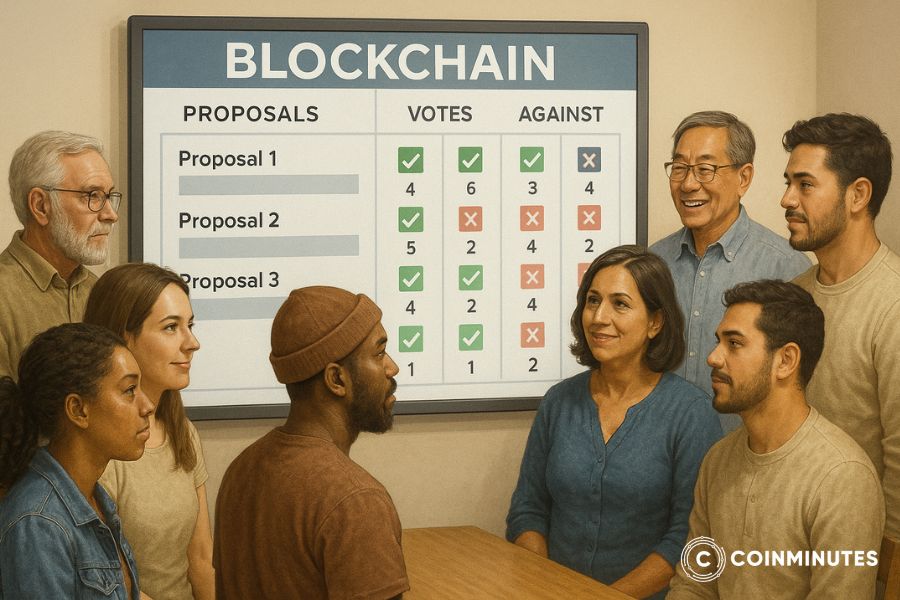
Incentives and Financial Rewards
Many protocols align the incentives of governance participants with the health of the protocol. This can be done in several ways:
-
Protocol Fee Sharing: Some DAOs have voted to distribute a portion of the protocol's revenue (e.g., trading fees) to token holders who actively stake their tokens and participate in governance.
-
Staking Rewards: Many networks provide staking rewards, an inflationary subsidy paid to those who lock up their tokens to participate in governance or security.
Use Cases: DeFi, NFT Platforms, Metaverse Projects, and More
The application of governance tokens extends across the entire Web3 ecosystem.
-
DeFi: This is the most developed use case. Governance tokens are used to manage lending protocols (Aave), decentralized exchanges (Uniswap), and stablecoins (Maker).
-
NFT Platforms: NFT marketplaces can use governance tokens to allow the community to vote on which collections to feature, how marketplace fees are set, or how to spend royalties from secondary sales.
-
Metaverse Projects: In virtual worlds like Decentraland, governance tokens (MANA) are used by landowners to vote on the rules of the world, such as what types of content are allowed or how to manage public spaces.
Challenges & Risks of Governance Tokens
The model of decentralized governance is still experimental and faces several significant challenges.
Voter Apathy & Low Participation
One of the most persistent problems in DAOs is low voter turnout. Many token holders do not actively participate in governance. A 2021 report from Chainalysis noted that in some of the largest DAOs, less than 1% of token holders accounted for 90% of the voting power. This apathy can lead to decisions being made by a small, active minority, which undermines the goal of broad community control.
Whale Dominance & Centralization Risks
The "1 token = 1 vote" system means that wealthy individuals or institutions ("whales") who can afford to buy a large number of tokens can have an outsized influence on governance. This can lead to a situation where the protocol is effectively controlled by a few large holders, creating a new form of centralization.
Security Threats: Attacks on Governance
Governance systems can be a target for malicious actors. A governance attack could involve an attacker acquiring a large number of tokens, either on the open market or through a flash loan, to pass a malicious proposal. For example, an attacker could propose to "upgrade" a protocol's smart contract to one that allows them to drain the treasury.
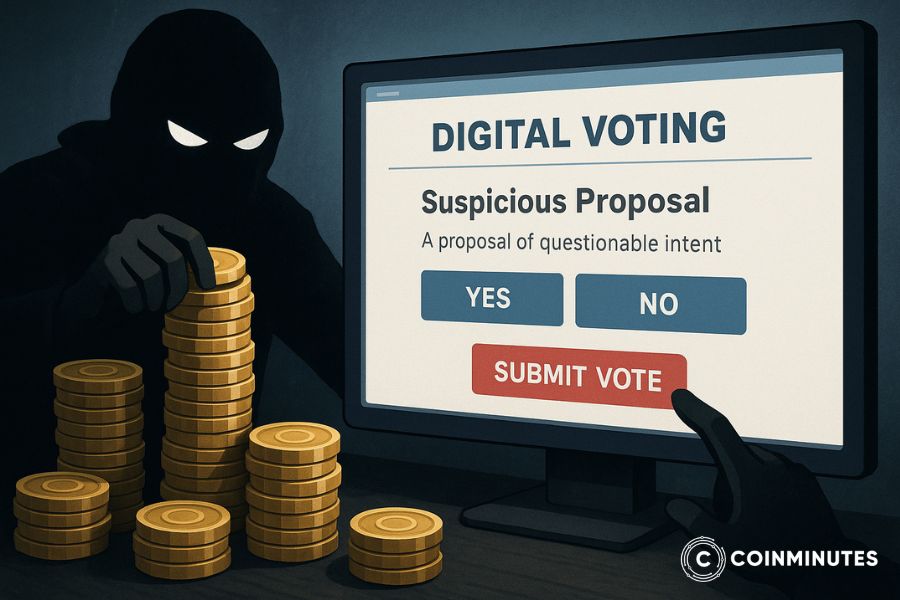
How to Mitigate Governance Risks
Projects are actively working on solutions to these challenges.
-
Time-Locks: This is a simple but effective security measure. A time-lock is a mandatory delay (e.g., 48 hours) between when a governance proposal passes and when its code can be executed. This gives the community time to react and exit the system if a malicious proposal is passed.
-
Quorum Requirements: Setting a minimum participation threshold ensures that no proposal can pass without a significant portion of the community weighing in.
-
Alternative Voting Mechanisms: Systems like quadratic voting are being explored to reduce the power of whales and give more weight to the number of unique voters.
How to Get & Use Governance Tokens: Step-by-Step Guide
Ready to become a voter? It's pretty straightforward.
Where to Buy Governance Tokens (Best Exchanges)
You can buy most major governance tokens on big, trusted exchanges like Coinbase, Binance, or Kraken. You can also swap for them on decentralized exchanges like Uniswap if you're a bit more experienced. At CoinMinutes, we always recommend using a well-known platform for your purchases.
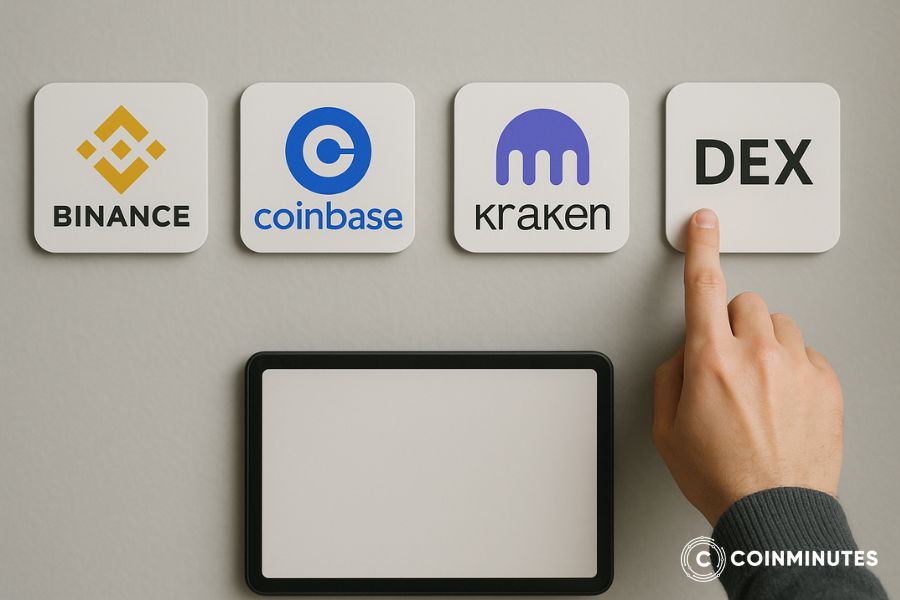
How to Participate in On-Chain Governance
To actually vote, you'll need to use a governance portal.
-
Stay in the loop: Read the project's forums or Discord to see what people are talking about.
-
Connect your wallet: Go to a voting site like Snapshot or Tally, where you can connect your wallet and see active proposals.
-
Cast your vote: Simply click "For," "Against," or "Abstain" and sign a message with your wallet. That's it!
Staking, Delegation & Voting Processes Explained
-
Staking: Some projects require you to "stake" (lock up) your tokens to vote.
-
Delegation: If you're too busy, you can delegate your votes to an expert you trust.
-
Voting: The process is as simple as clicking a button on a secure website.
Safety Tips for Managing Governance Tokens
-
Use a Hardware Wallet: Keep your tokens in a secure hardware wallet like a Ledger or Trezor, not on an exchange.
-
Watch out for Scams: Scammers create fake voting websites to steal your crypto. Always use the official links from a project's website.
-
Read Before You Vote: Don't just vote blindly. Make sure you understand what a proposal will do before you support it.
Top Governance Tokens to Watch in 2025
Okay, let's look at some of the heavy hitters. These are seven of the most important and well-established governance tokens out there. They're not just random coins; they are the keys to running some of the biggest applications in the crypto world.
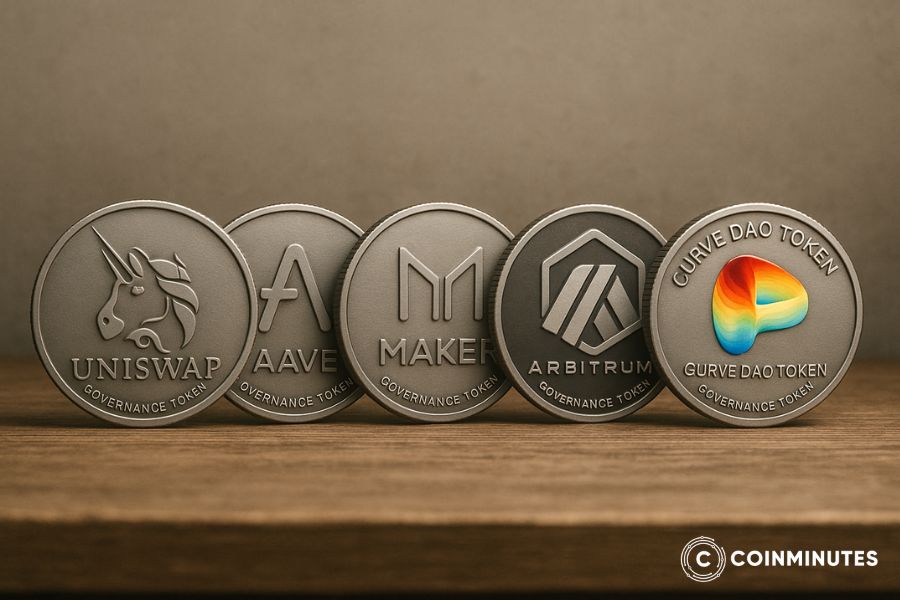
Uniswap (UNI)
Uniswap is the king of decentralized exchanges (DEXs). It's like a massive, open-air flea market where anyone can trade thousands of different cryptos directly from their wallet.
The UNI token lets you be part of the market's management committee. You can vote on big-picture stuff, like where to expand the market next, and on how to spend the Uniswap treasury, which holds a mind-boggling amount of money.
Because Uniswap is the biggest, its governance decisions can send ripples through the entire DeFi world.
Aave (AAVE)
Aave is a giant, decentralized lending library for crypto. You can deposit your crypto to earn interest or borrow other crypto against it.
AAVE token holders are the librarians. They vote on all the important rules, like which books (coins) to add to the library, how much you can borrow (loan-to-value), and what the late fees (liquidation penalties) should be. It's all about managing risk.
Aave is a cornerstone of DeFi. Its responsible governance is crucial for keeping billions of dollars of users' money safe.
Maker (MKR)
Maker is the OG DeFi project and the creator of DAI, one of the first and most successful decentralized stablecoins.
MKR holders have one of the most stressful but important jobs in crypto: they are the guardians of the DAI stablecoin. They vote on everything that helps keep DAI pegged to $1.
If things go seriously wrong with the DAI peg, MKR holders are on the hook. Their tokens can be diluted to cover any losses. This gives them the ultimate incentive to govern wisely. It's a high-stakes game.
Compound (COMP)
Compound is another one of the original big-league lending protocols, similar to Aave.
COMP holders get to propose and vote on any and all changes to the Compound protocol. They basically have the keys to the entire system.
Compound really kicked off the whole "DeFi Summer" craze back in 2020 by being one of the first to give its governance token directly to the users of the platform. It set the template that hundreds of other projects followed.
Curve DAO Token (CRV)
Curve is a super-specialized DEX that's designed to be the absolute best at swapping stablecoins. It's a hugely important piece of plumbing in the DeFi world.
This one has a fun twist. You can lock up your CRV tokens, and the longer you lock them, the more voting power you get. Holders then vote on which liquidity pools get the most CRV rewards, which has led to something called the "Curve Wars," where different projects fight for control.
Curve is where a lot of the big money in DeFi moves around, so its governance is a constant battle for influence.
Arbitrum (ARB)
Arbitrum is a "Layer 2" network. It's like an express toll lane for Ethereum, making transactions way faster and cheaper.
The ARB token lets you vote on the future of this massive digital highway. Holders decide on tech upgrades, how to spend treasury funds, and the general rules of the road for one of the busiest ecosystems in crypto.
As the biggest Layer 2, the decisions made by the Arbitrum DAO affect millions of users and thousands of apps.
Optimism (OP)
Optimism is another huge Layer 2, a major competitor to Arbitrum. It’s known for its focus on funding "public goods" and building a positive community.
The OP token is part of a cool two-house government. The "Token House" (where OP holders vote) handles things like project grants. But there's also a "Citizens' House" based on reputation, not money, that handles public goods funding.
Optimism is trying to solve the "whales have all the power" problem with its innovative governance model. It's a major experiment in making DAOs more fair.
The Future of Governance Tokens
This whole idea is still brand new and a work in progress. Nobody has it figured out perfectly yet.
The big questions everyone is trying to solve are: How do we get more people to vote? And how do we stop the richest people from having all the control? People are experimenting with all kinds of new ideas, like delegating your vote to a trusted expert (like a "crypto politician") and those new voting systems we talked about.
And, of course, everyone is waiting to see how governments and regulators will treat these tokens in the long run. The story of governance tokens is still in its very early chapters.
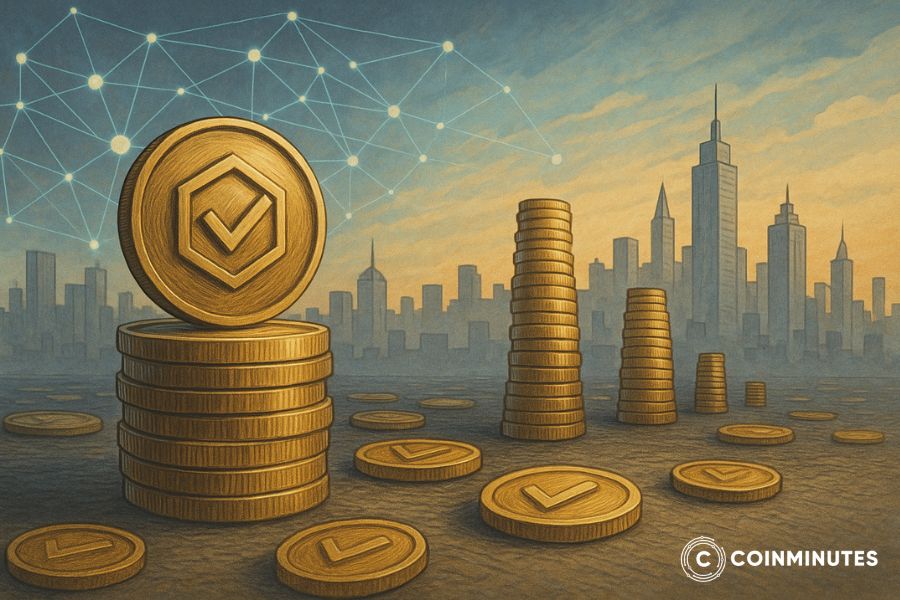
Continue Your Crypto Journey with CoinMinutes
So, this is the main idea. Governance tokens are just an unpredictable, complicated, but still intriguing way to manage things without any bosses.
On the one hand, they are a means of returning control to the end users of a product or service. Though the upside aspect of these tokens is a significant amount of responsibility. Informed, engaged and capable to vote the community musters its power. Sometimes they succeed, sometimes they fail.
That is one of the most crucial and thrilling things in the whole crypto universe. Recognizing their presence and functions is the key to grasping the future directions of this whole zone. At CoinMinutes, we believe that the more you learn, the easier it will be for you to move in this new terrain.
 English
English
 Vietnamese
Vietnamese

